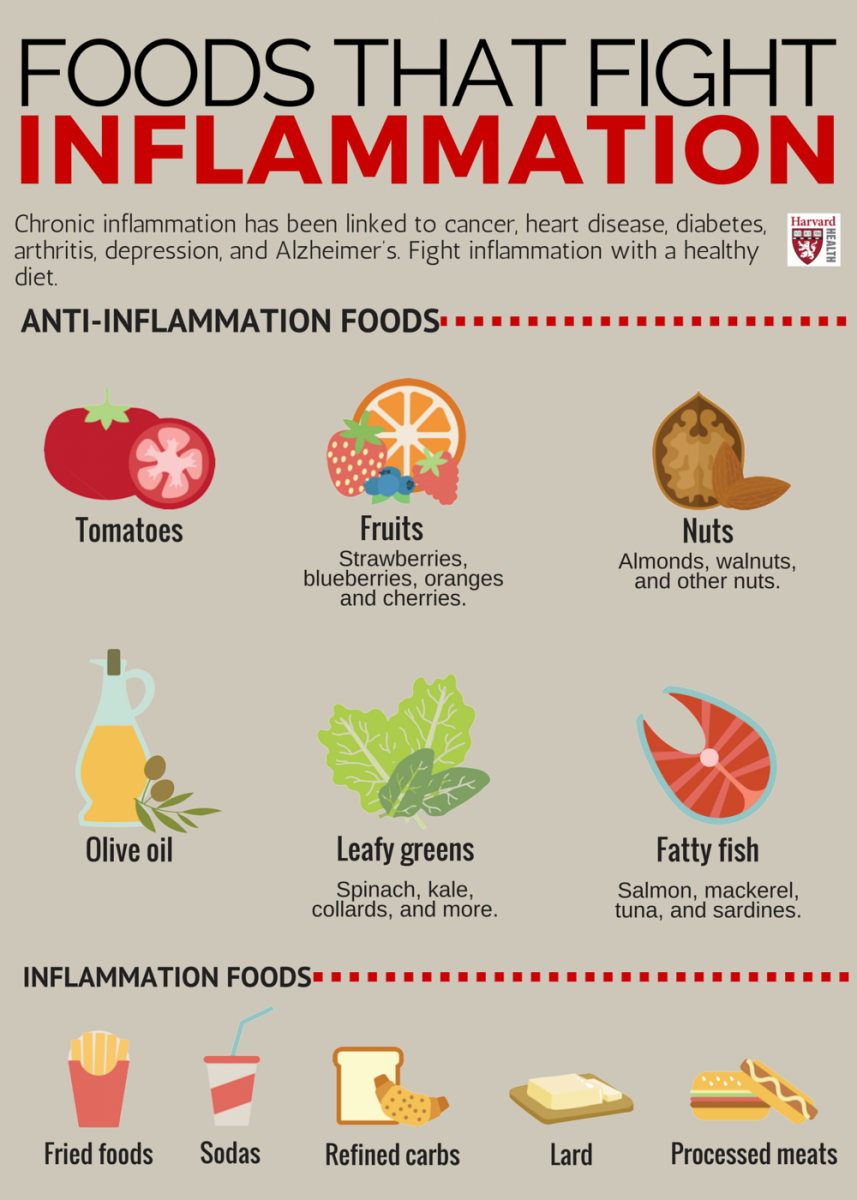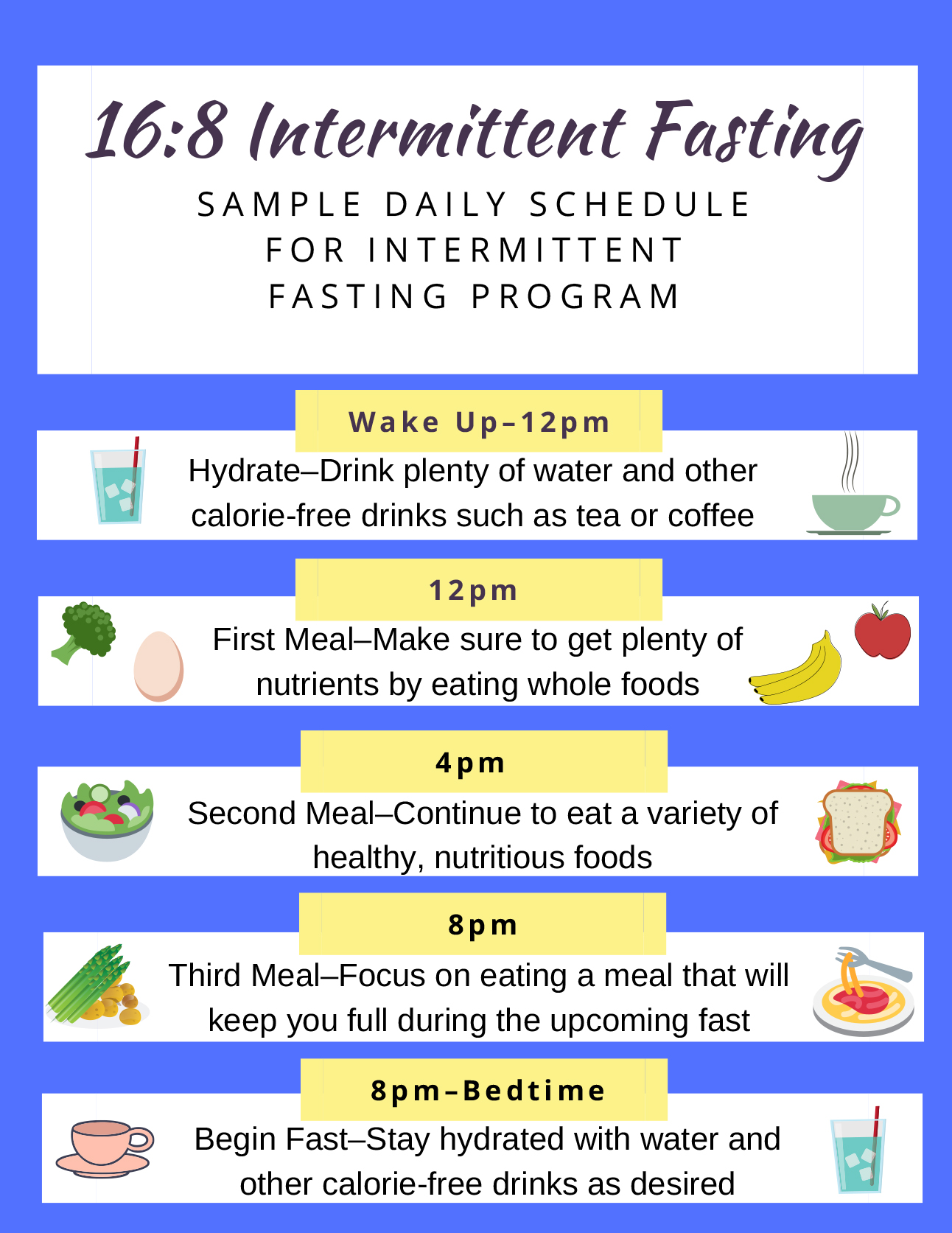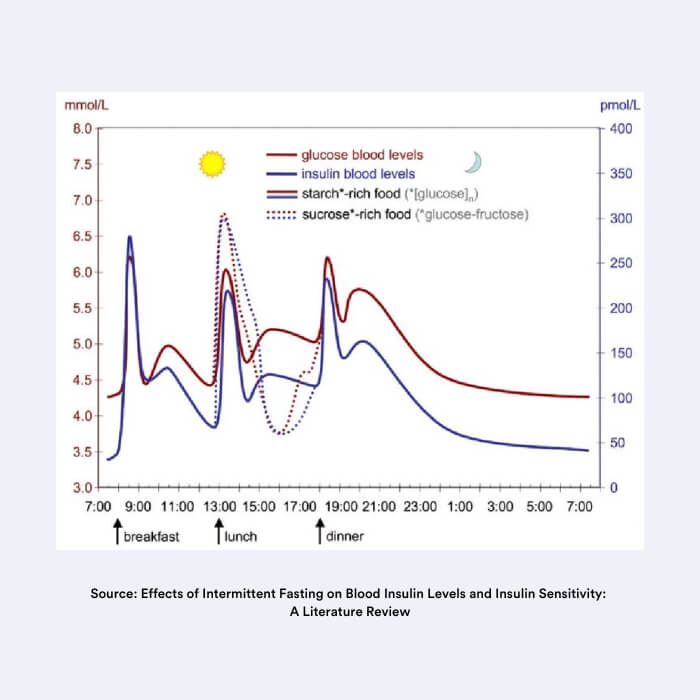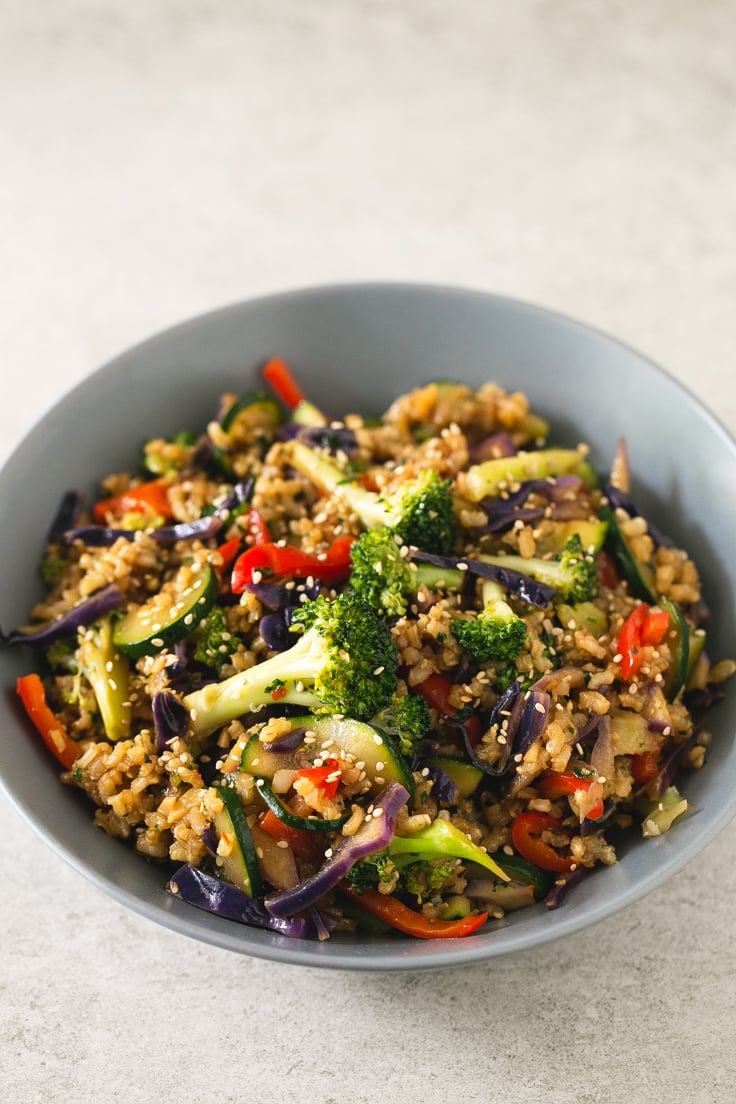
In the ever-evolving landscape of nutrition and wellness, it's common to encounter seemingly contradictory success stories. One individual might credit a low-carb high-fat diet for shedding 10 kilograms and managing their diabetes effectively, while another achieves comparable results through a brown rice-based vegetarian approach. These anecdotes, though diverse, are not fabrications—they highlight a fascinating truth about human physiology. By examining the underlying mechanisms, we can appreciate how these diets, despite their differences, converge on shared goals. This article aims to provide clarity, helping you navigate dietary choices with confidence and without unnecessary conflict.
At first glance, low-carb high-fat diets and vegetarianism may appear as opposites—much like geopolitical rivals locked in perpetual debate. Similarly, intermittent fasting often sparks polarized opinions, with proponents praising its transformative effects and critics warning of potential harms. However, a closer look reveals substantial common ground. Rather than fueling arguments, understanding these overlaps can foster a more harmonious perspective on health.
The core strength of low-carb high-fat diets, intermittent fasting, and vegetarianism lies in their ability to address two pervasive modern health challenges: insulin resistance and systemic inflammation. These factors are implicated in a range of conditions, including diabetes, hypertension, elevated cholesterol, and even certain cancers. By targeting them, these dietary strategies offer a pathway to improved well-being that no medication or supplement can fully replicate. The power resides in the food we choose and the patterns in which we consume it.
Consider the testimonials: significant weight loss (from 12 to 30 kilograms), normalized blood sugar levels, reduced reliance on blood pressure medications, enhanced thyroid function, alleviated menstrual discomfort, and resolved ovarian cysts. These outcomes are not coincidences but direct results of mitigating insulin resistance and inflammation. The key question, then, is why such varied methods yield these benefits—and how you can select the right one without succumbing to confusion.
In today's information-saturated world, conflicting headlines abound. One report might link coconut oil to increased heart attack risk, while another suggests vegetarianism heightens the chance of depression. Such sensationalism often stems from incomplete or biased perspectives, leaving individuals bewildered and hesitant. As omnivores by nature, humans are adaptable, yet the online echo chambers praising or condemning specific diets—be it low-carb, vegan, or otherwise—can make decision-making overwhelming.
To counter this, let's explore a practical, evidence-informed approach. Intermittent fasting, for instance, can be implemented flexibly without rigid rules. Skipping breakfast and delaying the first meal aligns with natural hunger cues, potentially allowing for a 16-hour fasting window that still accommodates multiple meals. On busier days, extending this to skip lunch might result in a 24-hour fast, followed by a satisfying dinner. The emphasis here is on ease: avoid stress, as it can counteract benefits and even contribute to weight gain, particularly for those in less structured environments.

The rationale is straightforward. Modern eating habits, laden with high-glycemic carbohydrates, perpetually elevate insulin levels, straining the body. Intermittent fasting provides respite, lowering blood sugar and insulin while enabling cellular repair through processes like autophagy—a natural mechanism that promotes anti-aging and immune health, akin to costly medical interventions but at no expense. Historically, humans thrived without constant meals; the three-meals-plus-snacks norm is a relatively recent phenomenon.

Low-carb high-fat diets operate on similar principles. By minimizing carbohydrates, the body shifts to fats as a primary energy source, stabilizing insulin and reducing inflammation. Opting for whole, natural foods—such as full-fat yogurt or egg yolks—supports this transition, preventing the pitfalls of low-fat alternatives that may inadvertently promote weight gain.

Vegetarian diets, particularly those emphasizing nutrient-dense plants like brown rice, excel in combating inflammation through antioxidants and fiber. Mindful eating, a practice rooted in cultures like Japan's, further complements this by encouraging moderation, which keeps blood sugar steady and wards off metabolic issues. Individuals who adopt such habits often report enhanced vitality and a youthful appearance.

Yet, balance is essential. Overzealous restriction in any diet can lead to nutrient deficiencies, potentially exacerbating conditions like high blood pressure due to inadequate vitamins C and B, which are vital for blood vessel integrity. In regions with historically carb-heavy, low-nutrient diets, this has been a common issue. To mitigate risks, incorporate ample vegetables, consider supplements if needed, and prioritize whole foods over processed options.
Ultimately, low-carb high-fat, intermittent fasting, vegetarianism, and mindful eating are not adversaries but allies in the quest for better health. Their shared focus on reducing insulin resistance and inflammation underscores a universal truth: sustainable wellness stems from personalized, stress-free practices. Avoid the trap of seeking a "perfect" diet; instead, evaluate your lifestyle, monitor for deficiencies, and eliminate processed foods to maximize benefits.
If you're grappling with a health concern, reflect on whether your current approach aligns with these principles—or if factors like poor sleep or undue pressure are hindering progress. By embracing this broader view, the so-called "diet wars" lose their intensity, becoming more a source of insight than contention.
We encourage you to explore these strategies thoughtfully and share your experiences. Whether you're drawn to the flexibility of intermittent fasting or the vibrancy of plant-based eating, the goal is empowerment through understanding. Here's to your health—may this perspective guide you toward lasting well-being.